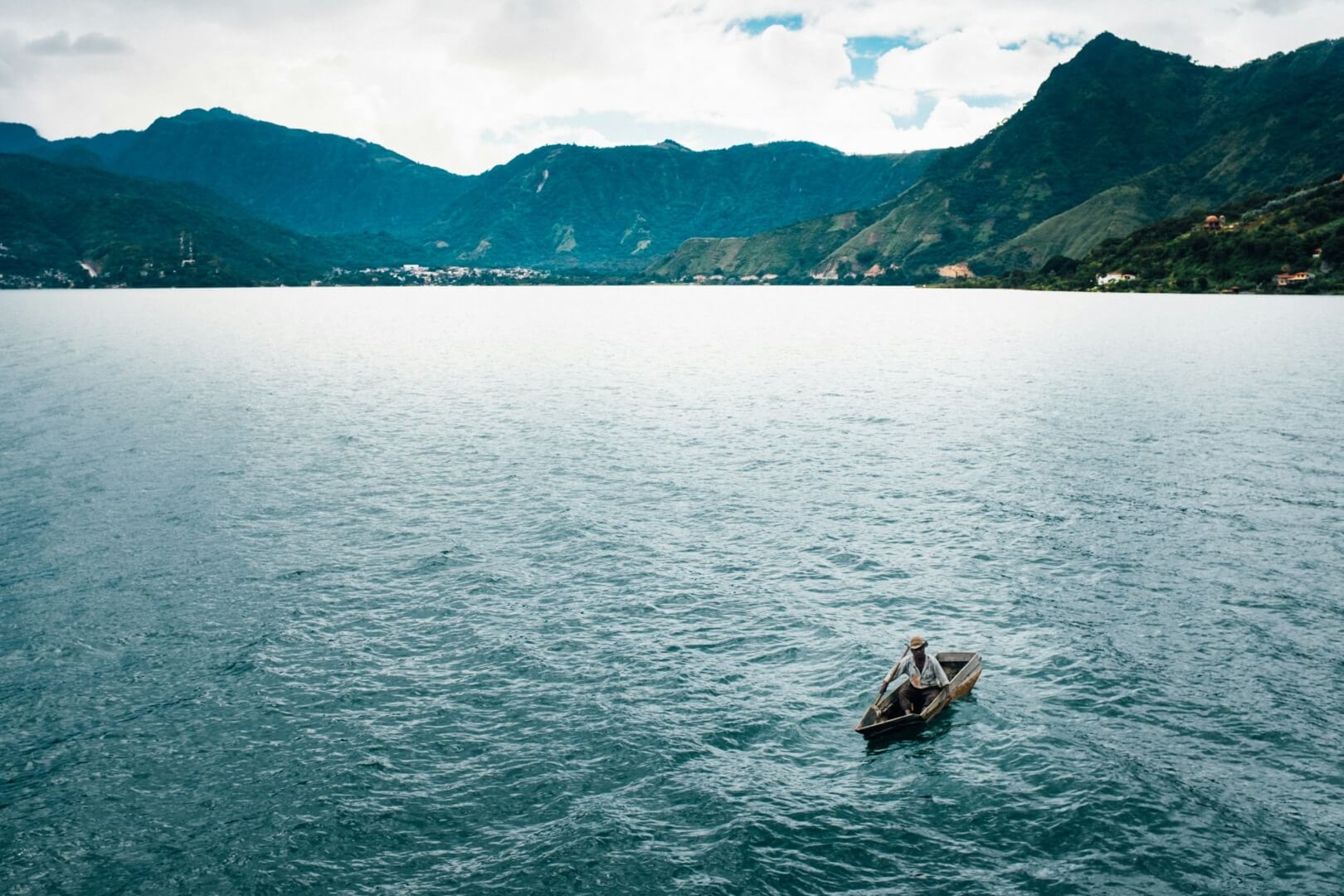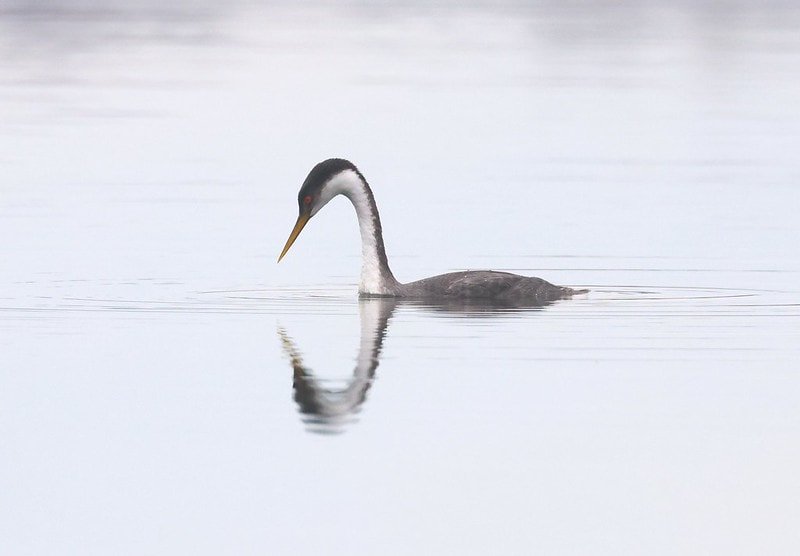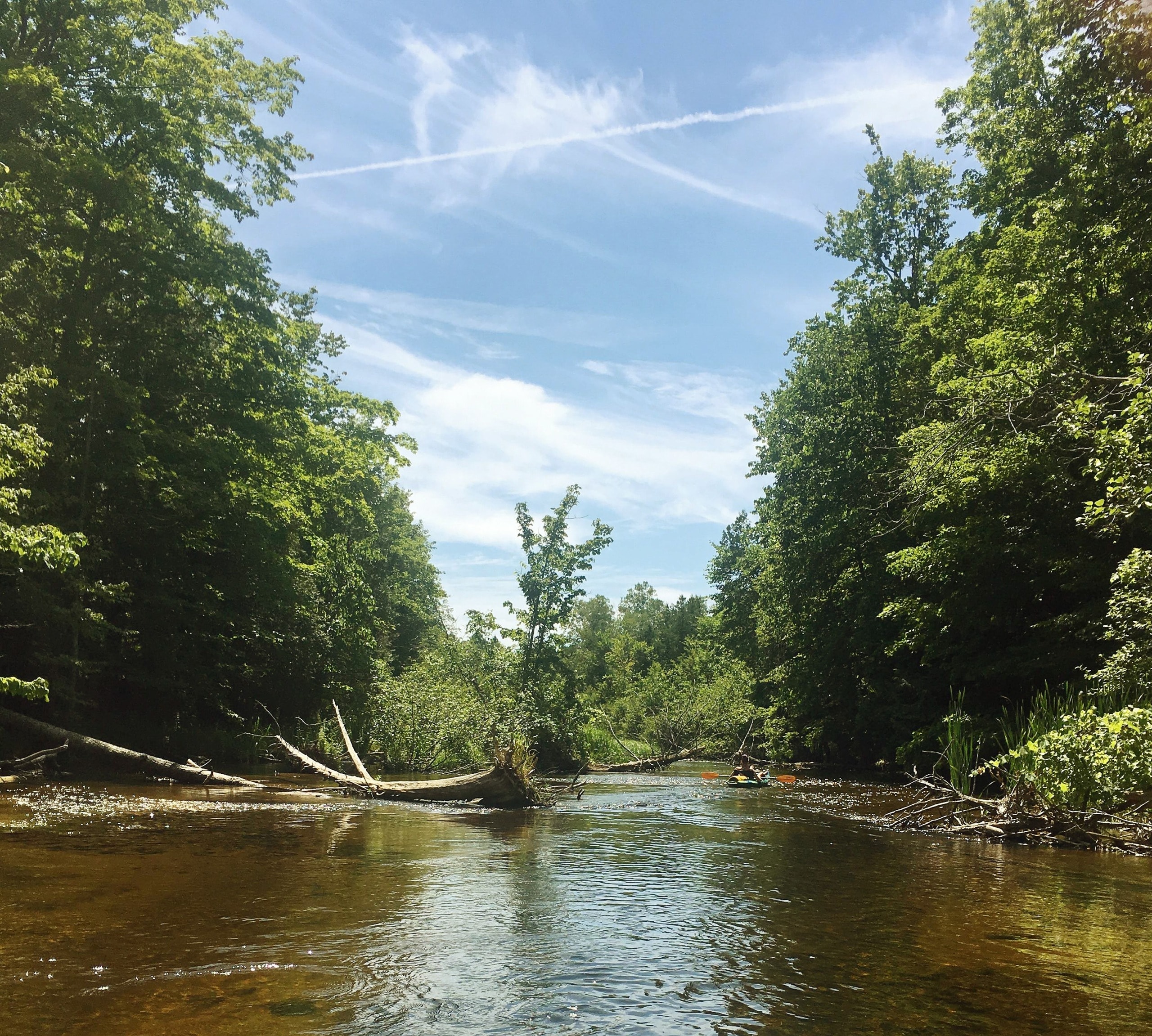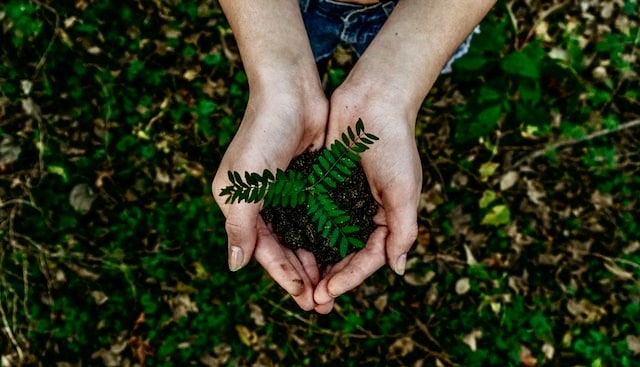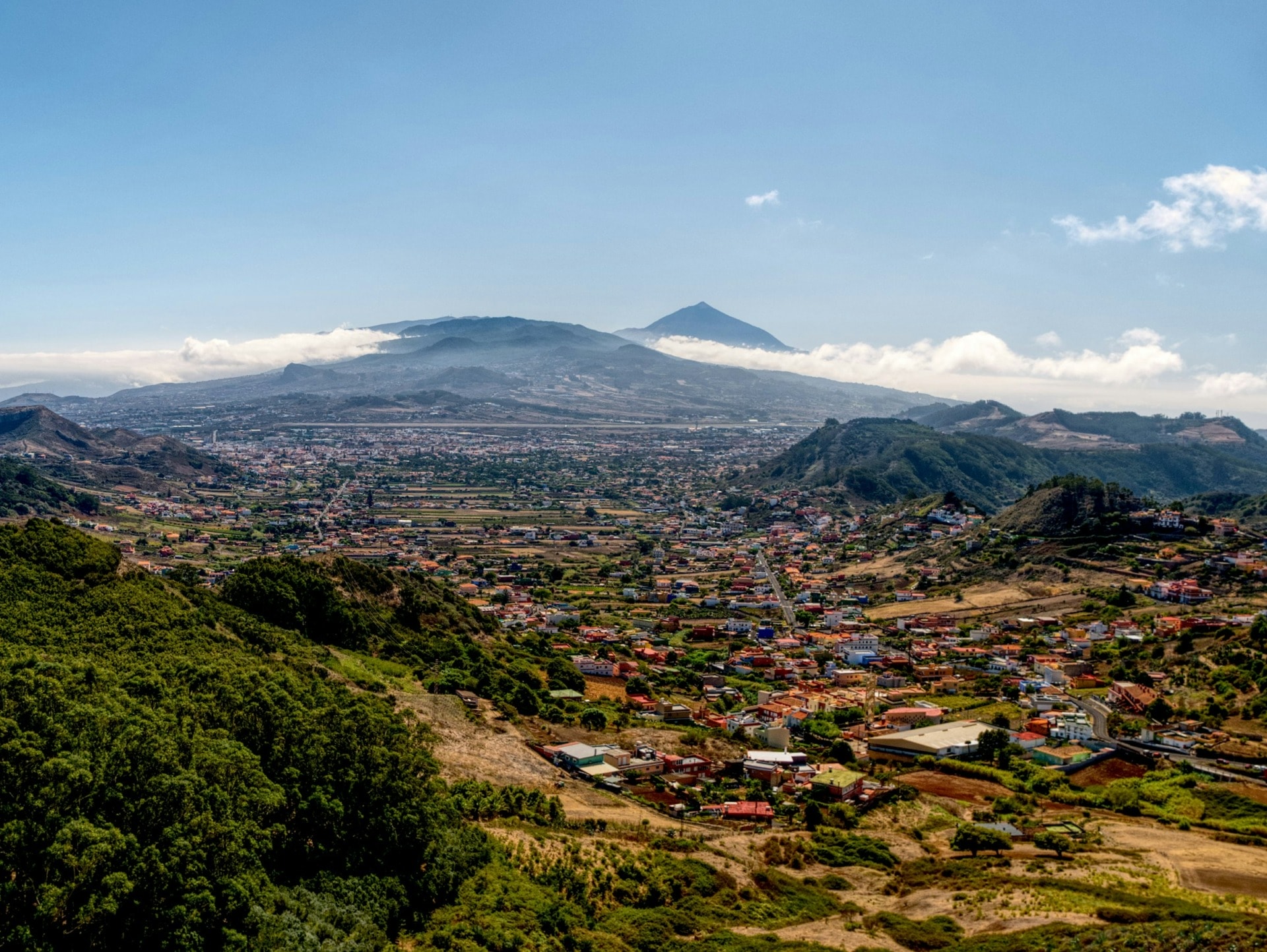A staggering number of 167,000 Maasai pastoralists face eviction from their ancestral homeland in northern Tanzania as a result of the government’s partnership with the UN cultural agency UNESCO and a foreign safari company to use the land for conservation and tourism development.
Thousands of Maasai community leaders have launched a call for international support to stop the implementation of forceful evictions by the Tanzanian government which they contend constitutes a violation of their human rights and a genocidal measure.
“We are asking for your help to let our government know that our land is not for sale and that we will continue to resist this long-standing assault on our rights and the ecological integrity of our land. We are therefore calling on your organization to speak out against these abuses and help us prevent the extinction of our people,” the letter reads.
The Maasai people have lived a semi-nomadic lifestyle in north Tanzania’s highlands for centuries and as their livelihoods are predominantly reliant on grazing cattle, evicting Maasai herding communities from their lands would equate to destroying their ability to sustain their traditional lifestyles and provide for their people.
“We have nowhere else to go,” writes a local Maasai leader. “Losing this land will mean the extinction of our community. Over 70% of our homelands has been taken for conservation and investments reasons.”

These eviction plans add to a long history of consistent and aggressive erosion of indigenous rights
In Tanzania, the expansion of wildlife conservation and safari tourism, both of which bring revenue to the country, generates significant tensions as they consistently encroach on indigenous territories in the Ngorongoro and Loliondo districts, disturbing the communities’ traditional lifestyle and livelihoods.
Since the listing of the Ngorongoro region as a world heritage site by UNESCO in 2010, the Maasai had already seen strict restrictions imposed upon their livelihoods in the name of wildlife conservation. They were notably banned from growing crops.
Both Ngorongoro and Loliondo conservation areas are located on the fringes of the Serengeti national park, which is widely renowned for its biological diversity. Every year, popular safari holidays attract hundreds of thousands of tourists to the Serengeti.
In 2019, Tanzania’s national commission for UNESCO drew up plans to expand the Ngorongoro conservation area which put around 82,000 local Maasai at risk of eviction over the next five years. The Tanzanian government and UNESCO justify their project by pointing to alleged overpopulation in the area to the detriment of wildlife.
Farther north of Ngorongoro, near the Kenyan border, about 70,000 Maasai inhabitants of the Loliondo conservation area are now facing eviction to clear the way for the expansion of the Otterlo Business Corporation (OBC), a United Arab Emirates-owned safari company known for organising high-end hunting trips for the Emirates’ royal family and their guests who fly into a custom-built landing strip in Loliendo.
Eviction notices were issued last year but are currently on hold after allegations of intimidation of Maasai emerged claiming that forceful evictions involved the burning of hundreds of bomas (traditional Maasai homes comprising an enclosure for their cattle).
A Maasai community leader, who asked not to be named for fear of potential backlash from the authorities, declared: “My wife and children feel threatened. The whole community is concerned about what their future will be like. The government is trying to investigate who is behind the protests. Many people are being harassed.”
Denis Moses Oleshangai, a lawyer and resident of Ngorongoro, depicts a situation where the Tanzanian government resort to oppressive means designed to force Maasai communities out of their homeland: “They [the authorities] deny people access to water, electricity. They want to create an uncomfortable situation for the people.”
Last February, Tanzania’s tourism minister Damas Ndumbaro brushed off Maasai protests by saying that they did not have a claim to their homeland as all land belonged to the Tanzanian government.
Related articles: Worst Drought in Forty Years Pushes East Africa to the Brink of Famine | Scaling climate-resilient agribusinesses in East Africa | Indigenous Peoples and the UN Sustainable Development Goals
International organizations point to the Tanzanian government’s partnership with foreign safari companies, raising concerns over the instrumentalization of the environmental cause for financial gain
Anuradha Mittal, executive director of the Oakland Institute think tank, pointed to the dubious use of wildlife conservation as a way to justify the expansion of business operations whose true interest is purely financial and even reminiscent of the darkest hours of colonial history: “This is all for conservation, to create these pristine environments for tourists. The treatment of the Maasai population in Tanzania is symptomatic of a colonial approach to conservation and tourism, which neglects the recognition of indigenous rights.”
Already in 2018, following the publication of their extensive report Losing the Serengeti: The Maasai Land that was to Run Forever, the Oakland Institute had uncovered damming evidence that the Tanzanian government and foreign tourism companies used wildlife conservation laws as a tool to dispossess Maasai people of their land, consequently making way for the development of luxury tourism.
“Although carried out in the name of conservation, these measures enable wealthy foreigners to watch or hunt lions, zebra, wildebeest, giraffes and other wildlife, while the authorities exclude local people and their cattle from watering holes and arable land,” said the institute at the time.
UNESCO, on the other hand, rejects accusations of discrimination and forceful displacement of Indigenous populations in northern Tanzania: “UNESCO World Heritage Centre has never at any time asked for the displacement of the Maasai people,” said a UNESCO spokesperson. “If nature conservation is an urgent need, Indigenous peoples are also part of the answer: they are key actors and rights-holders in achieving this.”
In their letter, Maasai leaders demand more than mere recognition, and ask that action be taken urgently so as to ensure that their rights, livelihoods, culture, and ecological knowledge are protected from potential extinction:
“You can keep providing funding to those responsible for appropriating our land in the name of profit or you can make it clear to our government that you will not stand by as our right to live peacefully on and conserving our land is denied to make space for elite tourism and ‘trophy’ hunting,” the letter reads.

Tanzania’s plans pose threat to Maasai’s chances at survival as global warming and ensuing food and water shortages already pose a threat to their existence
Last February, eight UN special rapporteurs voiced their concerns over the potentially disastrous consequences Tanzania’s eviction plans will have on Maasai communities, threatening to worsen an already fire situation where food and water shortages due to governmental restrictions, discrimination, and territorial conflicts are intensified by global warming, which has caused extreme droughts to occur in the region over the past few years.
Last Tuesday, the International Federation of Red Cross and Red Crescent Societies reported that the ongoing drought, the worst to occur in East Africa in 40 years, has deprived people and animals of water and pasture, leading to the death of 60,000 animals in the northern Maasai region.
A 2014 study had already found out that, on average, 80 percent of Maasai herders face severe food insecurity.
Were Tanzania’s eviction plans to be implemented, the mass displacement of Maasai into Kenya, which is already suffering from a severe food crisis, could cause the situation to spiral further into a humanitarian catastrophe.
Thousands of lives are at risk, and invaluable lore of traditional indigenous knowledge about Maasai ancestral lands is threatened with them. As climate change intensifies, it is imperative that indigenous people are given the rights and space to preserve and transmit traditional indigenous knowledge so that communities may better adapt to future climate conditions and assist in the genuine protection of wildlife in the process.
UNESCO can’t stand by and ignore the issue and one can only hope that Tanzania’s eviction plans can be stopped.
Editor’s Note: The opinions expressed here by Impakter.com columnists are their own, not those of Impakter.com — In the Featured Photo: The inhabitants of a Maasai village in the Ngorongoro conservation area perform a traditional welcoming dance. Featured Photo Credit: Harvey Barrison/Wikimedia Commons




